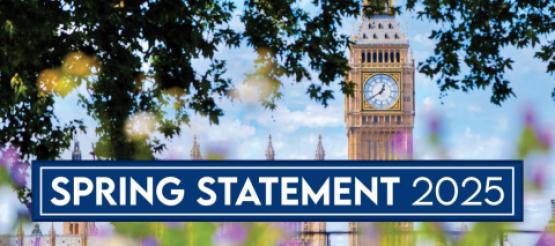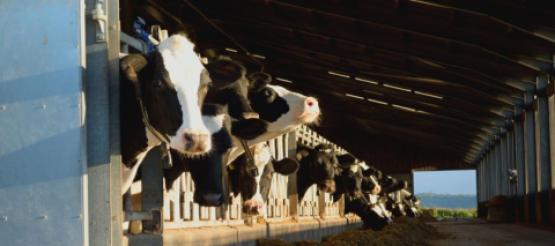Experienced corporate tax adviser takes up Partner role with Armstrong Watson in Manchester
Armstrong Watson is delighted to announced the appointment of Tax Partner Tania Dimitrovich, who will lead and grow the firm's tax practice in Manchester.
Read this post
















